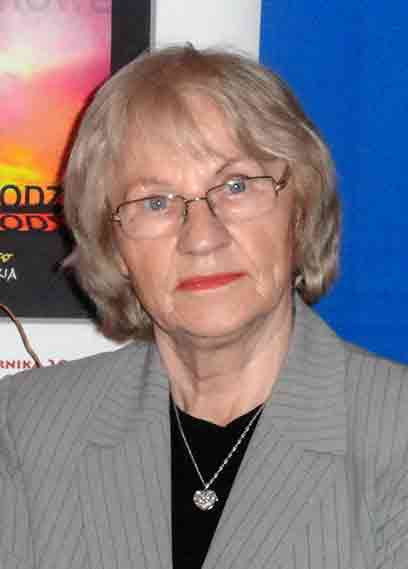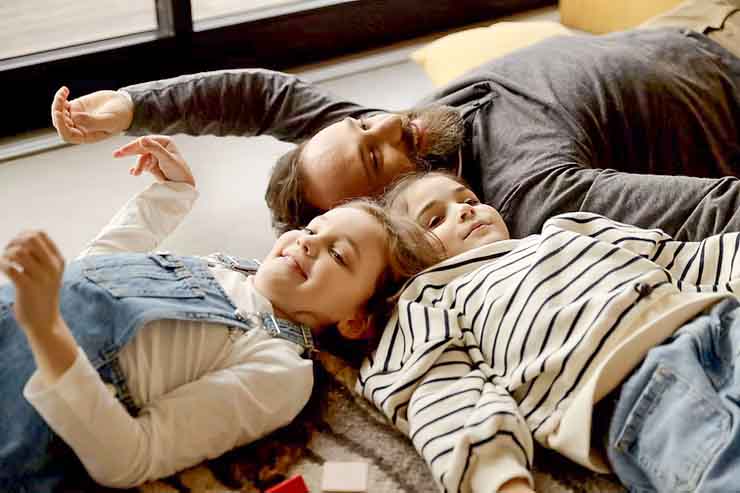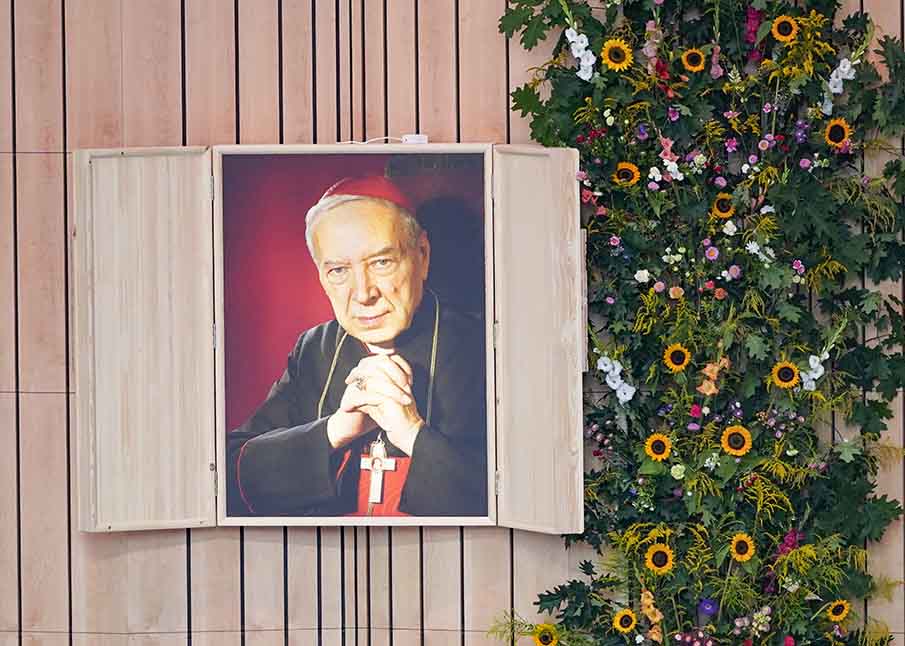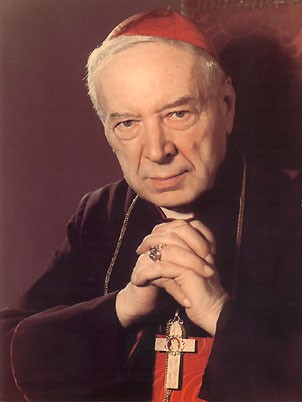The MNE (Ministry of National Education, Ministerstwo Edukacji Narodowej) curriculum reform under the leadership of Barbara Nowacka affects, or rather almost completely changes, the place of religious education in schools. According to the ministry's regulation, from the new school year 2024/2025 there would be only one hour of religious education per week, and that in the first or last hours of classes.
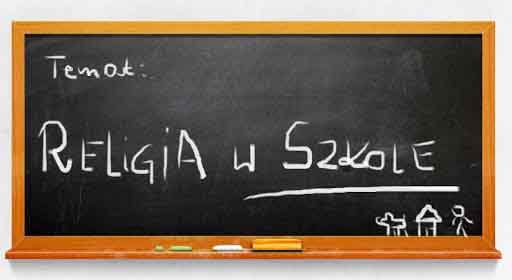
(Source: diecezja.legnica.pl)
Something new and rather unacceptable is the proposal to group students of different grade levels when more than seven students have signed up for a lesson. Additional religion classes would be held in catechism rooms. The episcopate, parents' groups and some social organizations expressed opposition to this decision.
Since no agreement was reached between the ministry and the episcopate, the matter is to be decided by the Constitutional Tribunal. However, before this happens, a heated discussion on the subject of religious education has broken out in the press and on radio broadcasts.
It is indisputable that religion in the broadest sense has always been present in the lives of peoples and then nations. Through its presence, the moral foundations and rules of social life are shaped. Religion (religions) also has a huge influence on the shape of culture.
Taking into account these historiosophical conditions, we should conclude that religious education should be part of primary and secondary education. The fundamental question is whether children of parents who are believers, practitioners, or atheists should attend religious education classes, or whether religion should be a compulsory and graded subject?
I remember a case from a Polish language class in high school, where students were learning about fragments of the Bible and its reflection in various fields of art. After completing this part of the material, students were to choose a work of art (painting, sculpture, music...) and show its connection with the Bible. After a week, everyone brought their essays on a chosen topic. There was also a blank sheet of paper with a note "I am an unbeliever, so I don't have to write about such topics". The teacher wrote in the return correspondence: "you can be an unbeliever, it's your choice, but you shouldn't be ignorant, because it's not appropriate". After a week, the missing work appeared on the desk of the Polish language teacher.
I was reminded of this event in connection with the ongoing discussion about religious education in schools. I think that before we declare yes or no to religious education, let us separate the meaning of the concepts of "religion" and "catechesis".
Religious education classes should convey knowledge about religions, about Christianity, about the influence of religion on culture, and a religious education class [i.e. religious studies — ed. note] understood in this way should be obligatory for everyone and should be included in the timetable, not necessarily at the beginning or end of classes.
Catechesis is teaching the faith, teaching prayer, preparing for the sacraments, for the initiation of religious life, asking about the inner bond with God, and such teaching should definitely return to catechism rooms, close to the church.
The current confusion will bring great harm in the social and moral dimension. Ridiculing and discouraging participation in religious education will cause a gap in the education of Polish intelligentsia and the departure from the education of young people of many valuable, educated theologians who should teach religion.
On the one hand, the church hierarchy, and on the other, the new government, in which the vast majority are Catholics, should reach an agreement and not discuss whether there should be religious education classes in schools, but what they should be. There definitely needs to be a reform of their curriculum and teaching. Each side should compromise. One religious education class a week may be enough (a concession to the Ministry of National Education), but this subject cannot be treated as a marginal subject. It must be taught by experts, professionals and assessed seriously with the grade on the certificate included in the average.
Having knowledge about religion (religions) does not mean being a follower of some faith. Certainly, religious education understood in this way will not make Poland a religious state, but it can contribute to us being at least a little wiser and, above all, more tolerant.



